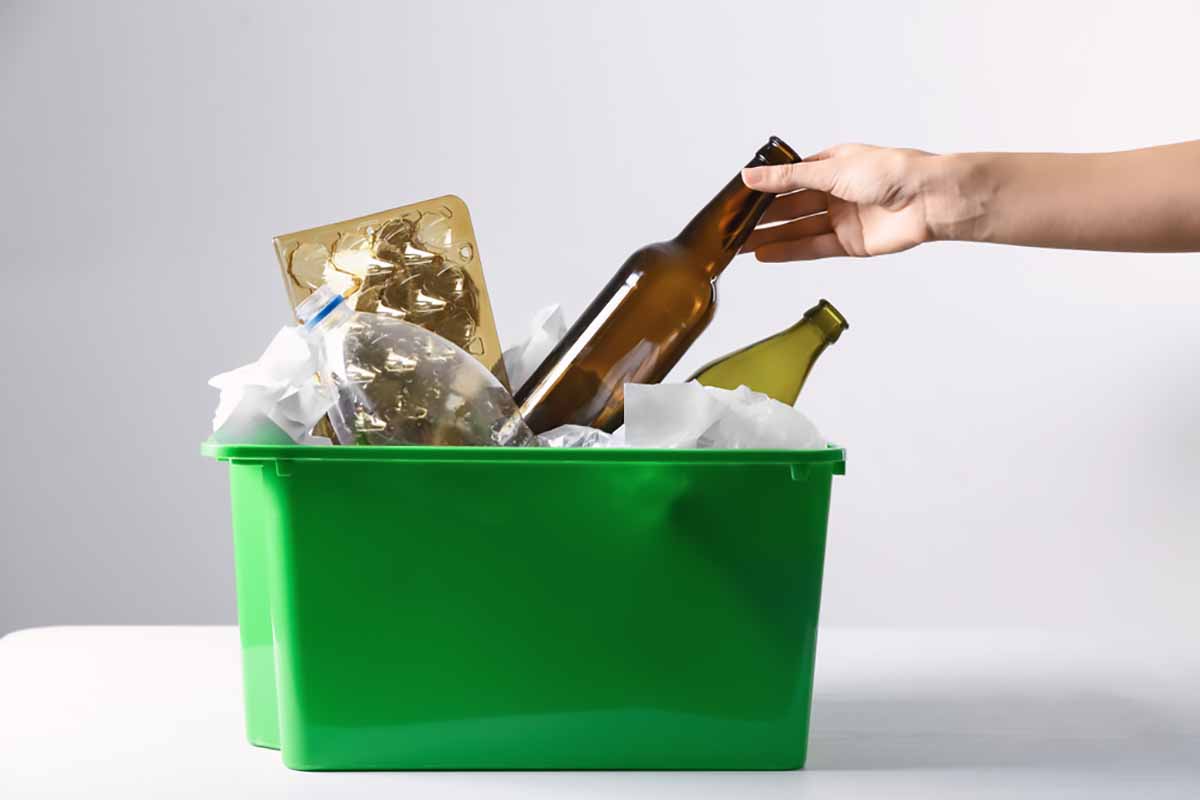
The Northeast Recycling Council published a “Guide to Increasing Recycling Supply,” a resource to help build up local material supply. | Aquarius Studio/Shutterstock
With industry-wide attention on building up recycled material end user demand, the Northeast Recycling Council is urging materials recovery stakeholders not to forget about ensuring there is adequate supply.
The organization last week published a “Guide to Increasing Recycling Supply,” a resource for stakeholders across the recycling chain. It lays out a number of ways different stakeholders have successfully built up local material supply and covers all traditional municipal recyclables.
In announcing the guide, NERC noted that “supply and demand issues are primary components to recycling market development.” But the organization expressed that the industry dialogue has skewed largely in one direction of late.
“For many years, increasing demand for recycled materials has taken precedence over supply issues,” NERC wrote.
The council in 2023 formed a supply side policy committee aiming to “explore, discuss, and write a policy guide about supply side strategies to increase the supply of post-consumer materials to the marketplace.” The new publication is the result of that process.
A majority of the Northeast U.S.-focused guide’s case studies are government-led strategies to increase supply, but it also highlights efforts spearheaded by nonprofits, MRF operators and, in areas with container deposit systems, redemption centers.
It points to Prince George’s County’s public outreach campaign in Maryland, which included bilingual communication efforts in high-contamination service areas where county officials theorized a language barrier was hampering proper recycling practices. The case study provides several lessons county regulators learned from the campaign. For instance, when trying to reach non-English speaking residents, recycling staffers had to get creative: “Attending school meetings to promote proper recycling did not necessarily work because non-English speaking residents were not attending the school meetings, hence, the decision was to visit local supermarkets where parents shop.”
In another example, the guide highlights efforts by the Massachusetts state recycling organization, MassRecycle, to counter the “negative influence of recycling misinformation in the media.” This came after a wave of public attention on problems within the recycling world in 2022, including from a Greenpeace report and the resulting coverage in an NPR story. MassRecycle was concerned the news coverage would mislead local residents into believing the bulk of their recyclables were not being correctly processed, so the organization began a coordinated effort to respond.
“Media stories implying that recycling is landfilled led to the need for professionals to defend both recycling and their personal roles,” the organization wrote in the case study.
That effort included MassRecycle board members giving media interviews with a formulated approach: They would vet the media outlet to ensure they felt it would provide a balanced article, they would avoid acronyms, they would clearly lay out industry background information, and they would limit their discussion to recycling within Massachusetts.
NERC says the supply guide will be a living resource that will expand as more case studies come in.

